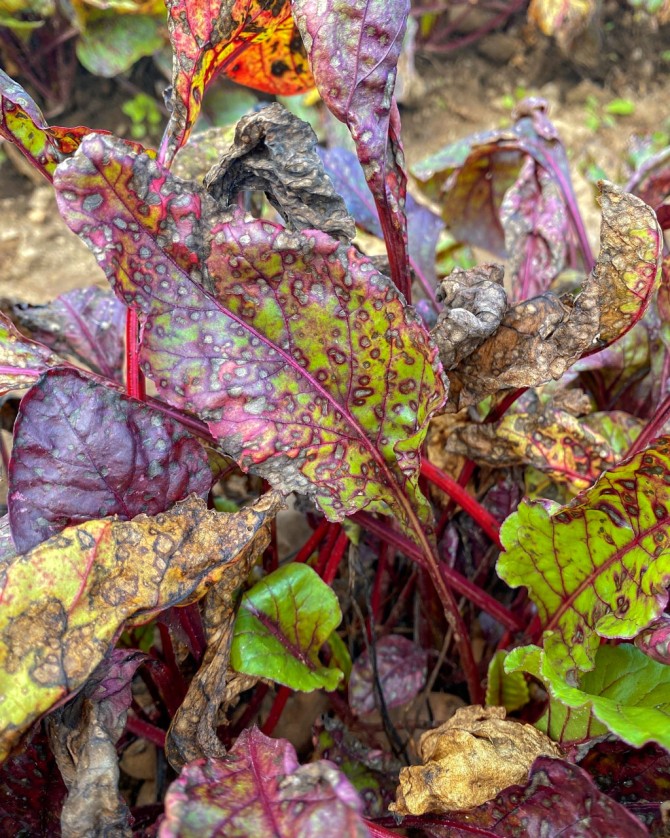I would like to acknowledge the traditional custodians of the land where we meet, near the shores of the Derbal Yerrigan, the Wadjuk Noongar people of the great Noongar Nation and pay my respects to their Elders, past and present.
I would like to extend that respect to all Aboriginal and Torres Strait Islander people who join us today.
I would like to acknowledge all current and former defence personnel who also join us – thank you for your service.
And I also acknowledge the support of your families as well.
It’s great to join you today to celebrate Aussie sport, our remarkable veterans and the unconquered Invictus spirit.
There’s no question that our Defence Force personnel are amazing people.
It takes someone special to say I will put myself second, in order to serve my nation.
They’re willing to endure hardship, face challenges, and be part of something bigger than themselves.
But as we know it’s also a dangerous, physical job – wounds, injuries and illnesses are sadly all too common.
And upon leaving service we know some veterans struggle with the loss of community that the Australian Defence Force (ADF) offered.
But that’s when sport can have such a positive effect.
Sport can contribute to health and wellbeing, particularly when recovering from wounds, injury or illness.
Sport also brings people together, builds mental resilience and provides opportunities to connect and create friendships.
These are the principles the Invictus Games were founded on.
The Games demonstrate the power of sport to assist veterans and Defence members who have been wounded, injured, or fallen ill in the course of their service.
And that’s why the Australian Government is 100 per cent behind the Games.
We have committed $9 million to Invictus Australia.
Working in partnership with Defence, Invictus is using this funding to deliver a range of adaptive sport programs to get more veterans involved in sport.
It’s also gone towards preparing athletes for upcoming sporting events, including the Düsseldorf Games in September.
This grant has enabled the expansion of Invictus Australia’s footprint of community sporting programs for veteran families all over the country, with the appointment of Veteran Engagement Managers.
Here at home in WA, I was so pleased to meet Hannah this morning, who has taken on the challenge here.
I’m told each Veteran Engagement manager on average connects with at least 1,000 veterans and family members every year.
No pressure Hannah.
With Hannah joining the Invictus family, we now have Community Engagement Specialists in Western Australia, South Australia, Queensland, Victoria, the ACT and New South Wales.
Invictus, through the Games, and through community sport has seen massive benefits for Aussie veterans.
Their community sport model is world leading.
Veterans leaving the ADF often take some time to acclimatise back into civilian life.
To make community connections.
To find something in common with the person next door.
I think the Matildas efforts of late have proven that sport, be it playing, it, watching it, talking about it, is unbelievably powerful bringing our nation together.
Sport really does have healing powers.
The community sport program Invictus offers has helped so many benefits in their transition to civilian life.
Veterans like Karney Armstrong, who comes from Baldivis.
She served as a medic with the Royal Australian Navy for 11 years.
Upon leaving service she struggled with a hip injury and post-traumatic stress.
Now, in less than a month, she will be representing Australia at Düsseldorf in archery, athletics and table tennis.
To go from an injury requiring years of rehabilitation, to representing her nation on the international stage, is an incredible achievement.
She said she wanted to show her sons that with the power of positive thinking, you can achieve anything.
Adam Slot who also joins us today, is another Perth local who will be competing at Düsseldorf in rowing, sitting volleyball and wheelchair basketball.
Adam served for nearly 30 years in the Australian Army, and another four in the Navy.
He saw active service in East Timor, Afghanistan, Iraq, the Middle East, Asia and Africa.
For Adam, Invictus was a chance to find purpose and connection after service.
Being part of a team, working towards a common goal, and pushing yourself to be your best: these are values that inspire people to join the ADF in the first place.
Post-service, it’s also what Invictus offers.
Invictus is about the dedication of our veterans who confronted hardship and refused to be defined by their injuries.
Our Invictus competitors, embody that spirit.
I am so excited that thanks to Invictus Australia, going forward more veterans from the best state, in the best nation, in the world will get that same opportunity.
I wish all the best to Karney, Adam and the whole Australian team at Düsseldorf.
We will be cheering you on.
But the simple truth is, no matter the outcome, they have already done themselves and Australia proud.
Thank you.








